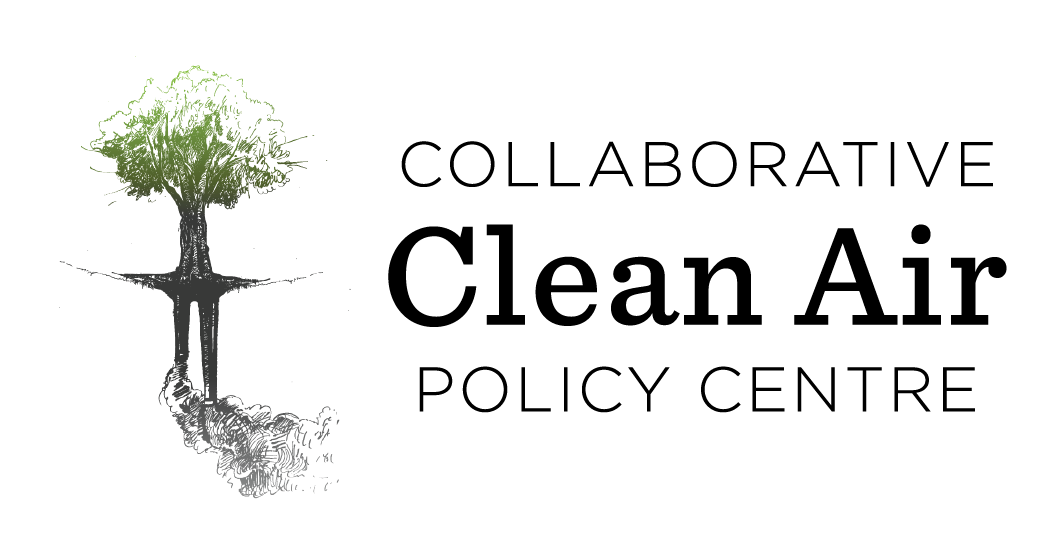The Collaborative Clean Air Policy Centre explores, evaluates, and compares policy options for dealing with India’s health-damaging air pollution problems.
CCAPC provides a platform for institutions concerned with air pollution to work together to solve problems and recommend policy and works to develop capacity to address the policy implications of air pollution in the country.
News & Events
Policy Briefs
Tweets
About the Centre
Strong relationships
The Centre has strong relationships with the Ministries of Health, New and Renewable Energy, Environment, and Petroleum, Oil, and Natural Gas, but remains independent. We work the Indian Council of Medical Research on a ground-breaking new Air Pollution and Health taskforce charged with evaluating India's evolving energy landscape.
WIDE BREADTH + DEEP EXPERIENCE
CCAPC focuses on health issues in India, but has broad international experience. Initially, we will focus on household and ambient air pollution, but will explore expansions into occupational health and climate-altering pollutants.
meaningful collaboration
CCAPC will work closely with existing institutions in the air pollution and health arena, and seeks to undertake all projects jointly. We will provide a common platform for discussion and consensus building and add value, not completion, to the sector.
Activities
policy Papers
CCAPC will write and solicit peer-reviewed, high-quality policy papers aimed at a general audience and the media. Several are already underway, including Brazil's Experience Using Alcohol Fuels for Household Use and Crop Residue Burning: Global Experiences and Lessons for India.
CROWD-SOURCED COMPETITIONS
The Centre will sponsor crowd-sourced competitions, including a national completion for university students on solutions for air pollution and a national photo contest for best clean air photos for India. Stay tuned for more information.
Innovation prizes
The Centre will sponsor and run competitions to spur innovations in spaces relevant to air pollution, including (1) novel, low-cost appliances that displace tasks commonly performed with solid fuels and (2) a solar photovoltaic system that cook two meals after dark. Details are forthcoming.

